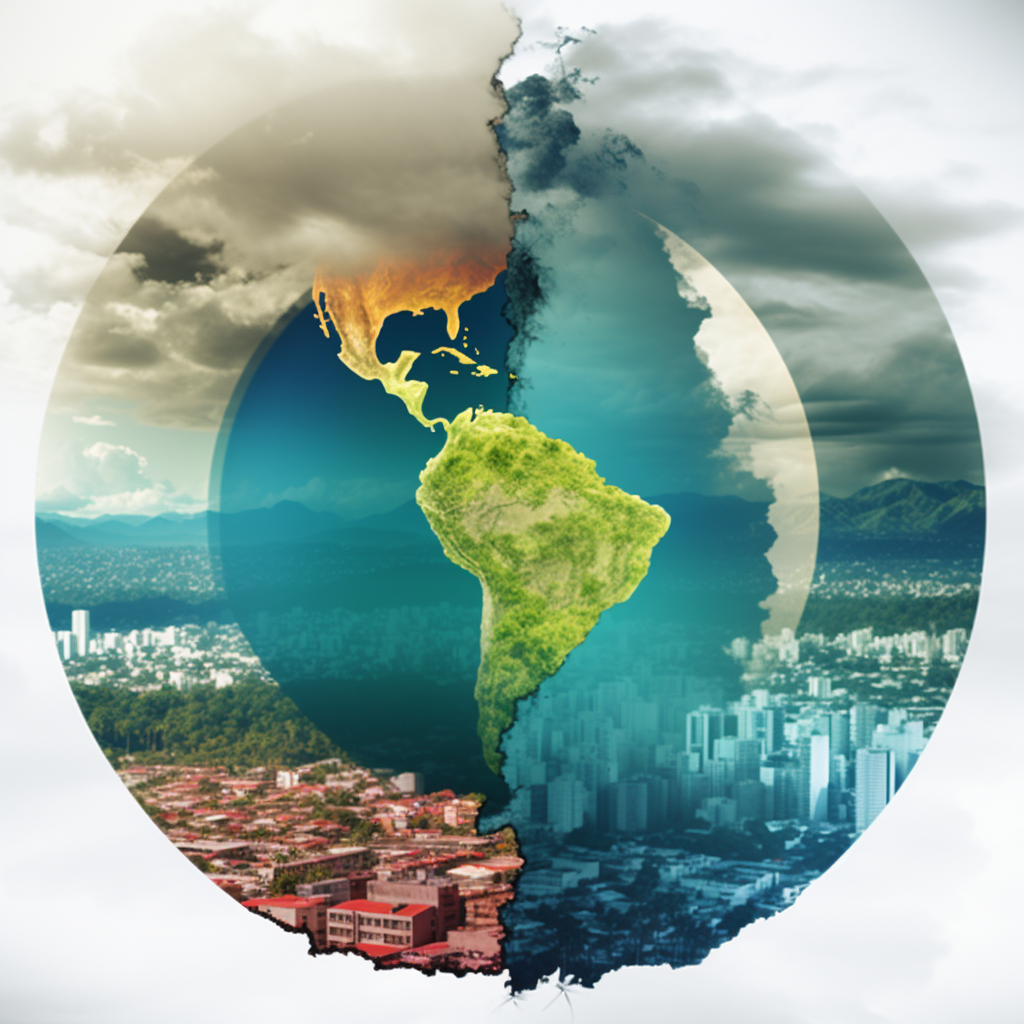October 27, 2023
Highlighting Climate Change Challenges at Latin America and Caribbean Climate Week
Book a Demo
The Latin America and Caribbean Climate Week is currently underway in Panama. This event, co-organized by the World Meteorological Organization (WMO), has brought together global leaders and regional stakeholders to address the pressing issue of climate change and the challenges it presents to this diverse region.
WMO Secretary-General, Prof. Petteri Taalas, has identified Latin America and the Caribbean as a climate change hotspot. This region is particularly vulnerable to the devastating effects of tropical storms, hurricanes, and changes in precipitation patterns. These climatic changes are driven by global warming and phenomena like El Niño and La Niña.
One of the key initiatives discussed during the Climate Week is the international Early Warnings For All initiative. This program aims to provide early warnings to all, with a particular focus on small island developing states that are at the frontline of climate change.
Despite being a leader in clean energy, Latin America and the Caribbean are increasingly vulnerable to the detrimental impacts of climate change. The region is grappling with record temperatures and extreme weather conditions, a situation that has been exacerbated by the ongoing El Niño event.
A case in point is the dire situation in the Amazon Basin, which is currently experiencing its worst drought on record. Deforestation and temperature increases are contributing to this crisis, and causing severe damage to vital ecosystems.
The Climate Week aims to contribute to the first global stocktake of the Paris Agreement. This involves addressing challenges and discussing solutions related to various sectors, including energy systems, infrastructure, and economies.
Regional climate leaders are engaged in discussions about the strategies and finance required to address the impacts of climate change. These include conservation of natural ecosystems and ensuring the safety of vulnerable communities.
In a bid to improve the region’s air quality, the Environmental Defense Fund (EDF) and the United Nations Environment Program (UNEP) have launched the Partnership to Improve Air Quality. This initiative seeks to enhance understanding of air pollution in Latin America and secure funding for high impact solutions.
In summary, the Latin America and Caribbean Climate Week is an important platform for addressing the region’s climate change challenges and finding effective solutions to safeguard its future.



